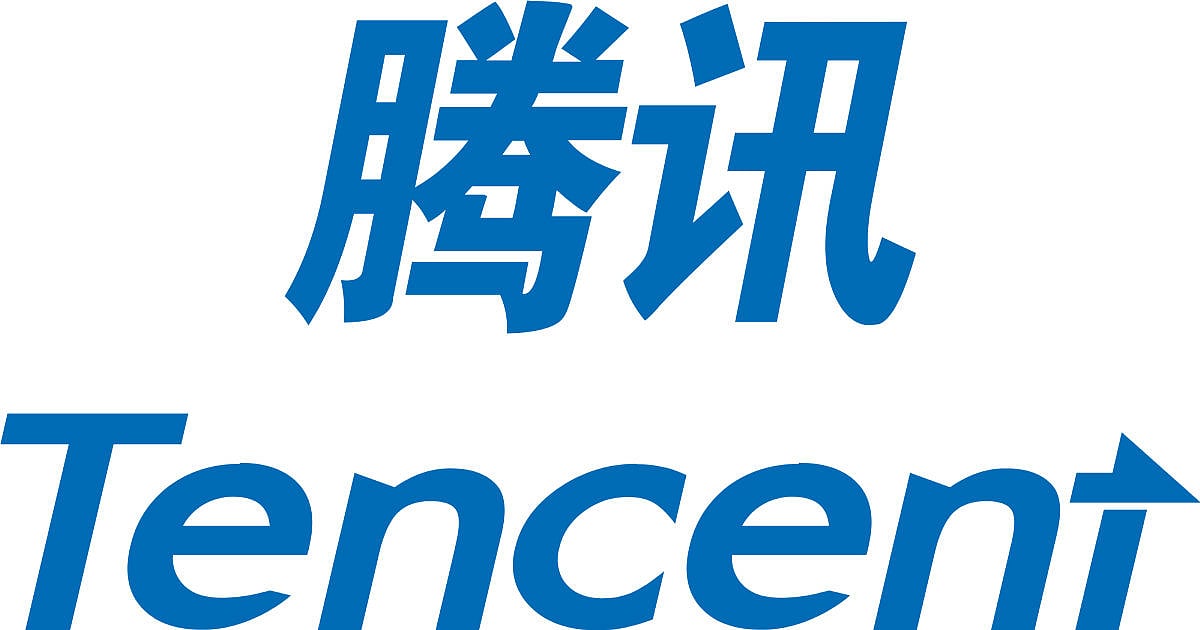
Tencent Q3 Revenue Rises 15% Due to Increased Gaming and AI-monetization Earnings
Tencent Q3 Revenue Rises 15%, Beats Estimates of Games and AI
China’s Tencent posts RMB 192.9B ($27.1 bn) Q3 revenue, driven by gaming momentum and AI-led ad expansion, while cloud growth remains constrained.
Highlights
- Tencent reported RMB 192.9B revenue (+15%), beating estimates, with net profit up 20%, driven by gaming and AI-enhanced ads.
- Domestic games rose 15% in revenue, while international gaming revenue surged 43%, powered by Supercell titles, evergreen titles, and Valorant’s esports ecosystem.
- AI-led advertising jumped 21%, supported by Yuanbao, DeepSeek recommendation algorithms, and WeChat’s closed-loop ecosystem.
China’s multinational conglomerate Tencent Holdings Ltd. saw a 15% year-on-year increase in its third quarter (Q3 2025) revenue, primarily driven by the company’s core businesses, gaming and AI-enhanced advertising. On Nov. 13, 2025, the company reported third-quarter revenue rose to RMB 192.9B ($27.1B), surpassing analyst expectations of around RMB 188.9B ($26.5B).
A significant increase in both domestic and foreign gaming sectors, along with a robust rise in AI-driven advertising revenue, largely impacted Tencent’s Q3 revenue. Tencent also reported (on an IFRS basis) a 19% increase in operating profit with a cumulative revenue of RMB 63.6B ($8.93B), and a 20% increase in net profit of RMB 64.9B ($9.2B).
The Value-Added Services (VAS) segment, which includes gaming and digital content, posted RMB 95.9B ($13.5B) in revenue, rising 16% year-on-year. According to Tencent’s filing, international growth now accounts for a rising share of VAS revenues, signalling a deeper strategic shift towards global markets. The company did not break down the gains in fintech and cloud services; however, it reportedly saw steady but slower gains.
Growth Driven by Gaming Business
Tencent's primary revenue source, gaming, produced one of its best quarterly results in recent years. Domestic games revenue rose 15%, led by enduring demand for Honor of Kings, Peacekeeper Elite, Valorant mobile version, and new releases, such as Delta Force.
Tencent's earnings statement and evaluations show that international gaming revenue increased sharply 43%, mainly due to the success of Supercell games, like Clash Royale, and the newly released Dying Light: The Beast.
Tencent credited Valorant's competitive ecosystem, growing esports circuits, and cross-platform engagement for increasing in-game spending and contributing to the global spike. Ma Huateng, chair and CEO of Tencent, reported that their strategic investment in AI became beneficial across the gaming sector: from production to boosting user engagement.
Advertising and AI Monetization
Tencent's marketing division reported RMB 36.2B ($5.1B) in revenue, a 21% year-over-year increase and one of the company's best quarterly ad results. Tencent claims that AI has improved ad conversion rates, game-engagement funnels, coding efficiency, and content-production workflows, making it a key growth driver across all major business units.
The company’s newly launched AI assistant, Yuanbao, is considered one of China’s most efficient Gen AI models. However, the business attributed the growth to DeepSeek’s enhanced recommendation algorithms implemented throughout the WeChat ecosystem. WeChat's distinctive model, combining social messaging, video accounts, and payments, solidifies Tencent's position by providing the business with a closed-loop setting where AI-enhanced algorithms can maximize both ad inventory and user engagement.
Tencent is also focusing on agentic AI growth with the “Weixin” application, while enhancing the “HunYuan Large Language Model” for complex reasoning capabilities, especially in coding and scientific calculation.
AI-driven engagement is working as a revenue engine; however, Tencent is facing a broader strategic challenge with AI-chip shortages, worsened by U.S. export controls. The business stated, “if there is not an AI chip supply constraint, our cloud revenue should be growing more,” flagging issues in its Cloud and FinTech & Business Services segment as well. The segment only saw a 10% YoY increase with a modest revenue of RMB 58.2B ($8.2B), slowing Tencent’s cloud-service growth.

Author
Kamalikaa Biswas is a content writer at Outlook Respawn specializing in pop culture. She holds a Master's in English Literature from University of Delhi and leverages her media industry experience to deliver insightful content on the latest youth culture trends.
Related Articles







